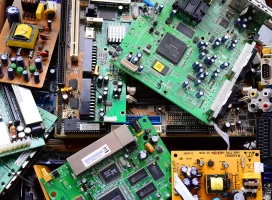The gap between EOL and your needs—why PLM doesn’t always work
Reassessing your company’s approach to legacy sustainment is a critical step in minimizing stress and maximizing profits.
Since the early 1950s, product life-cycle management (PLM) has been the commercial best practice for managing value and lifetime profitability of products and systems. However, as technology has advanced exponentially, so have the needs of managing products with long life cycles.
PLM recognizes four cycles: (1) introduction—the product is conceptualized; (2) growth—it’s offered for sale; (3) maturity—sales slow, which leads to the next stage; (4) decline—revenues drop to a point where it’s no longer feasible to continue production. For OEMs, PLM protocol ends at decline, when the product is no longer profitable. For customers, however, equipment life-cycle requirements often last longer than the OEM can provide support. Herein lies the gap between production and need and the problem with PLM.
After EOL, an unpredictable timeline for fulfilling replacement requests builds pressure in this gap. Sourcing parts from an unstable supply chain places an unnecessary strain on OEMs’ engineering teams and resources. A new, big-picture approach is needed. PLM+ offers a solid structure to view your system sustainment needs from beginning to end, accessing obsolescence threats and closing the gap between EOL and your needs.
GDCA’s PLM+ is a methodology that recognizes the realities of manufacturing discontinued products and offers your company a proven internal structure for delivering legacy sustainment while at the same time helping you grow and release new products to stay competitive in a relentlessly fast-moving technology marketplace.




